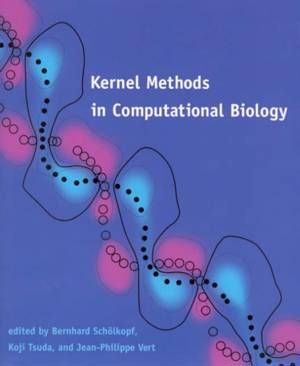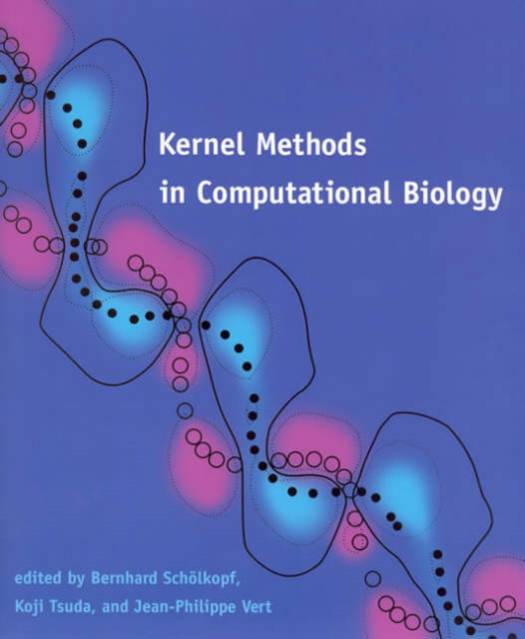
- Retrait gratuit dans votre magasin Club
- 7.000.000 titres dans notre catalogue
- Payer en toute sécurité
- Toujours un magasin près de chez vous
- Retrait gratuit dans votre magasin Club
- 7.000.000 titres dans notre catalogue
- Payer en toute sécurité
- Toujours un magasin près de chez vous
Description
A detailed overview of current research in kernel methods and their application to computational biology.
Modern machine learning techniques are proving to be extremely valuable for the analysis of data in computational biology problems. One branch of machine learning, kernel methods, lends itself particularly well to the difficult aspects of biological data, which include high dimensionality (as in microarray measurements), representation as discrete and structured data (as in DNA or amino acid sequences), and the need to combine heterogeneous sources of information. This book provides a detailed overview of current research in kernel methods and their applications to computational biology. Following three introductory chapters--an introduction to molecular and computational biology, a short review of kernel methods that focuses on intuitive concepts rather than technical details, and a detailed survey of recent applications of kernel methods in computational biology--the book is divided into three sections that reflect three general trends in current research. The first part presents different ideas for the design of kernel functions specifically adapted to various biological data; the second part covers different approaches to learning from heterogeneous data; and the third part offers examples of successful applications of support vector machine methods.
Spécifications
Parties prenantes
- Auteur(s) :
- Editeur:
Contenu
- Nombre de pages :
- 410
- Langue:
- Anglais
- Collection :
Caractéristiques
- EAN:
- 9780262195096
- Date de parution :
- 16-07-04
- Format:
- Livre relié
- Format numérique:
- Genaaid
- Dimensions :
- 209 mm x 262 mm
- Poids :
- 1038 g







